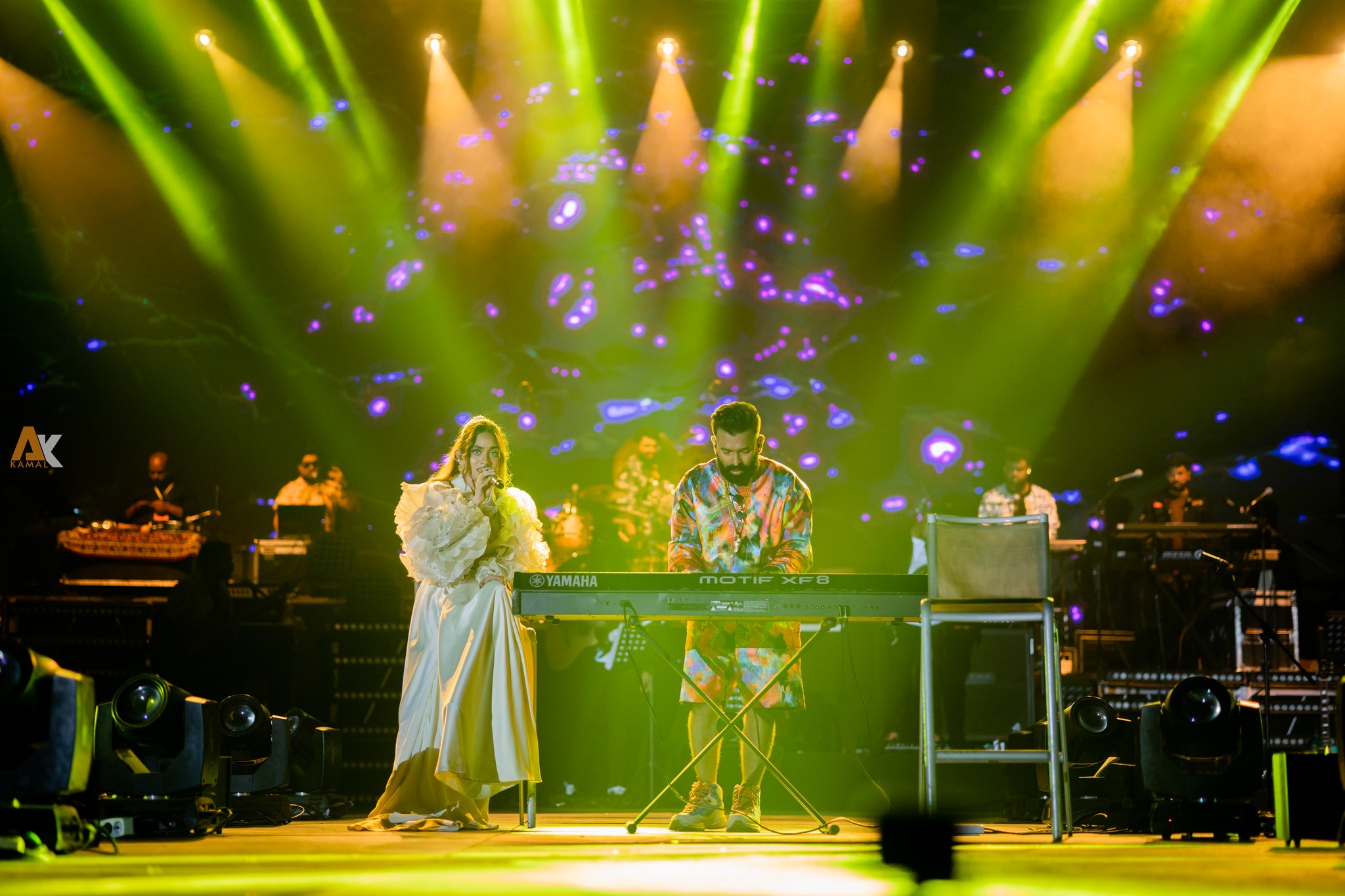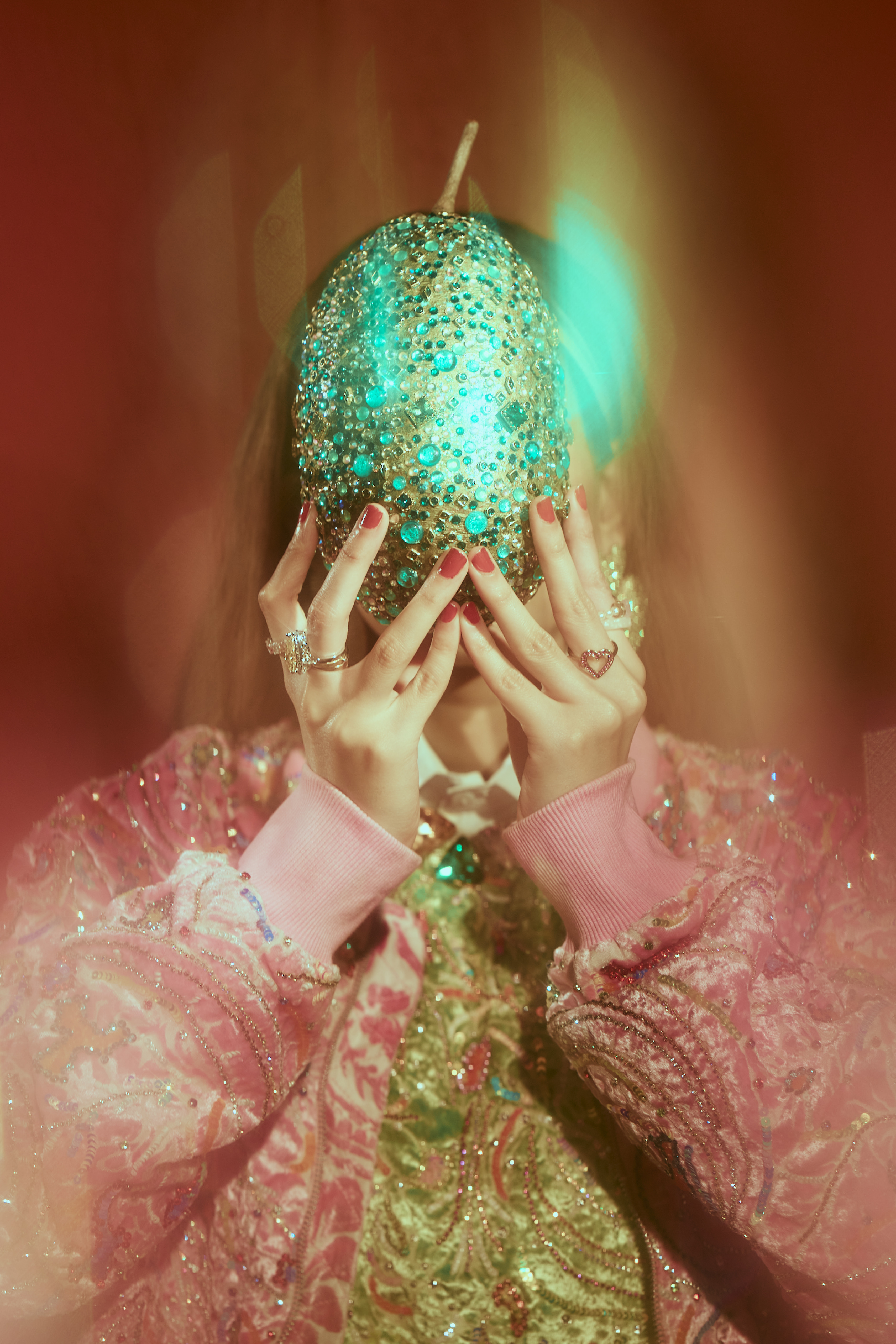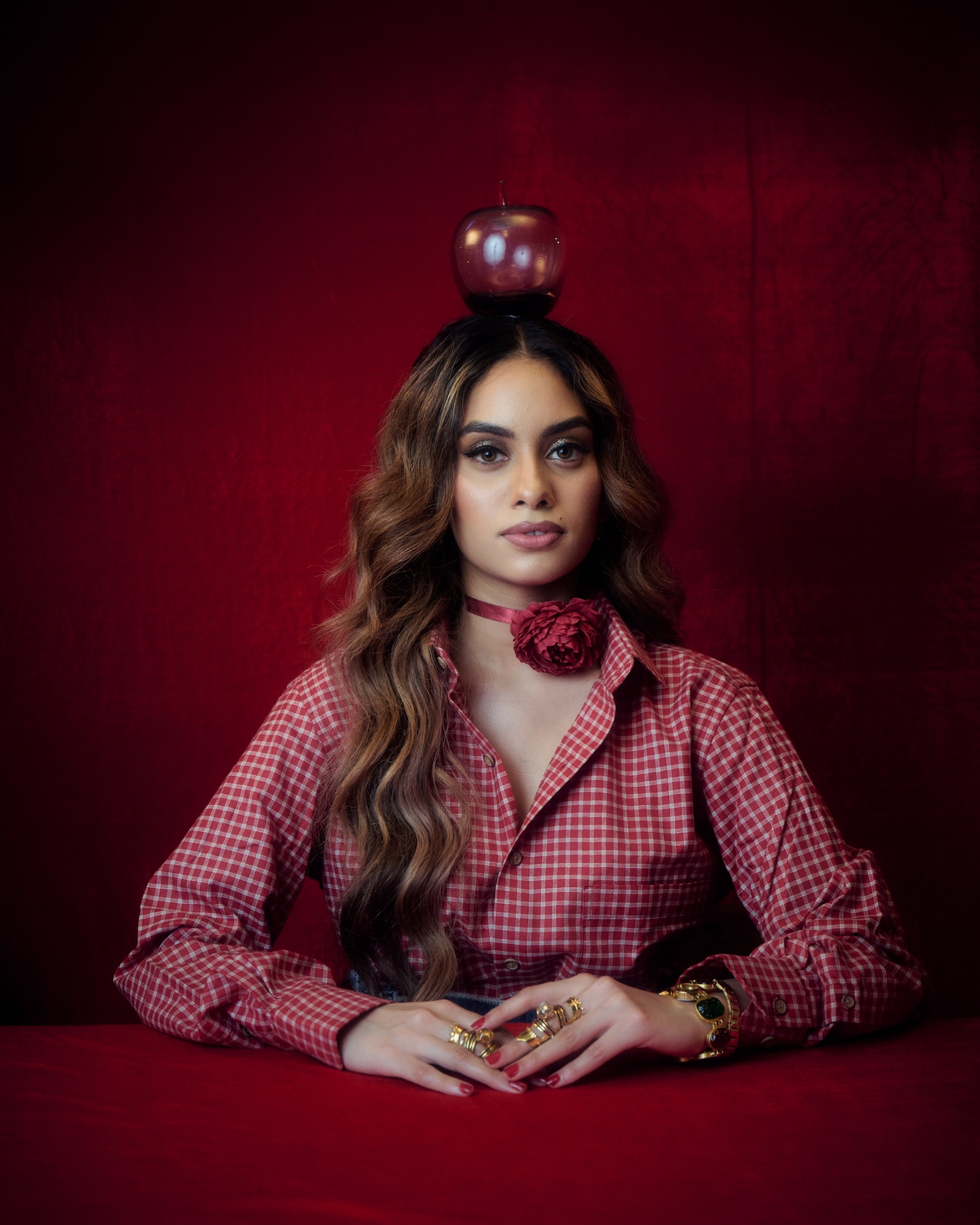"You're the cuckoo cuckoo Acca!" is a phrase Dhee loves to hear. In the world of music, few artists navigate the complex layers of identity and belonging as gracefully. The Australian Tamil singer has been making waves in Kollywood and beyond with her evocative melodies and heart-rending performances. Speaking to Tamil Guardian, Dhee opens up about her upcoming solo album, her musical journey, and the profound connection to her Eelam roots.
Dhee's latest single, 'Can’t You Stay a Little Longer,' is a poignant reflection of her feelings of homesickness. "I wrote it during a time where I really missed home. I just felt very homesick," she reveals. The song captures the essence of longing and the transient nature of relationships, beautifully encapsulated in the lyrics. "I felt like I was constantly saying 'can’t you stay' and that evolved into a song about love, long-distance relationships, and the mundane things you miss when the person you love isn't around."
Despite breaking out into the Tamil cinema music industry, Dhee, who only recently celebrated her 26th birthday, has predominantly been writing her own music in English. Her sensational 2021 hit, 'Enjoy Enjaami,' performed alongside and written by rapper Arivu and composed by Santhosh Narayanan, served as a bridge between her eclectic style and Tamil heritage. "I wanted to touch on the sounds you hear in my album but also have it in Tamil. It was a little bridge, I guess," she explains.
Her upcoming album delves deeper into this exploration of identity and home. "The whole album is about me trying to navigate home and what that means to me. I'm Australian, I'm Tamil. Home is Yaazhpanam, home is Sydney, and right now, home is India. It's about finding what home is for me because I'm always travelling, and I have to feel at home in places which aren’t home."
Dhee's musical journey is deeply intertwined with her family's legacy. "My mum is a music teacher, and my grandma was too. I was always around music," she reminisces. Despite dropping out of school to pursue music, she never wavered in her commitment. "I didn't think it was a job, but I didn't know anything else. I just wanted to do music." Her family's support, albeit mixed with concern, fueled her determination.
Growing up, Dhee states she was influenced by a diverse array of music starting with Tamil legends like M. S. Viswanathan, Ilaiyaraaja, and A. R. Rahman to global icons like Destiny's Child. "Discovering Destiny's Child at a young age was a turning point. It made me curious about music and helped me discover myself." Her mother’s tutelage in Carnatic music also helped to instil the strong vocal prowess for which the singer has come to be known. Pressed to choose a favourite Tamil song outside of her own work, Dhee hits on Kandukondain Kandukondain as her favourite album by A. R. Rahman.
For Dhee, performing live is the pinnacle of her musical career. "Every show feels amazing. It reaffirms why I do what I do," she says. Dhee's favourite songs to perform are 'Usuru Narumbuley' from the movie ‘Irudhi Suttru’ and ‘Uttradheenga Yeppov’ from 'Karnan.'

Performing in Jaffna last year was a deeply emotional and transformative experience for Dhee. Stepping onto the stage, she says she was overwhelmed with a torrent of emotions—happiness, nostalgia, and a bittersweet sadness. "It was amazing, it was the best, honestly," she recalls. "When I got on stage, I had to really hold myself together because I was ready to bawl my eyes out."
“It was a homecoming, a core memory for me."
For many of her fellow performers, it was their first time back in Jaffna in years. Witnessing their return and the collective celebration of culture and music made it clear to Dhee why they were there. "It was beautiful to see performers coming back after so long. It made me feel like this is why we do what we do."
Dhee holds a passionate and nuanced perspective on the representation of Eelam Tamils in music and film. She views the current moment as a promising one, filled with the vibrant energy of young artists who are making significant strides. "It's a beautiful time because there's a lot of young artists around, and everyone's doing really well. That’s really amazing to see," she says, highlighting the surge of talent and creativity within the Eelam Tamil community.
This surge is not just about personal success for Dhee, but about the broader impact on the community. She believes that sharing experiences on a large stage can be profoundly empowering. "When you see someone who shares your background succeed, it does something to your confidence. It makes you feel seen and validated," she explains. Growing up, the primary figure who represented Eelam Tamils on a global stage was Matangi ‘M.I.A’ Arulpragasam, whose success resonated deeply with many. "M.I.A. was the only one who really spoke for us and represented us. Seeing her succeed made us feel successful too."
Despite this progress, Dhee acknowledges that there's still a long way to go in terms of authentic representation, especially in film, highlighting basic mishaps such as the butchering of Eelam Tamil dialects and accents. She points out that having Eelam Tamil filmmakers is crucial to ensuring that their stories are told accurately and with the right nuance. "I think it can be better. When we have filmmakers who are actually Eelam Tamil, it can give our stories the authenticity they need," she notes. She empathises with the difficulty non-Eelam Tamil filmmakers face in trying to tell these stories, understanding that it's a challenge to accurately depict experiences that aren't their own. "I'm hopeful because there are a lot of Tamil filmmakers emerging who are culturally aware and can tell our stories right. But yes, there's still a long way to go," she admits.
While the goal is to see more authentic narratives that resonate with the true Eelam Tamil experience, Dhee feels optimistic about the future, seeing more people coming forward to share their stories. "When the stories come from the source, they are more genuine and relatable," she asserts.
In an industry where native Tamil speakers do not necessarily dominate, Dhee stands out for her raw and powerful delivery of Tamil lyrics from the highbrow such as in ‘Manamengum Maaya Oonjal’, to the colloquial crooning in ‘Kaattu Payale’. It is therefore surprising to learn that Dhee once lacked confidence in her ability to speak Tamil before moving to India, given her current linguistic prowess and impactful use of the language in her music. "My Tamil wasn't so good until I came here. Now, I'm comfortable speaking it, and it feels more natural." Although Dhee is soft spoken, she is anything but flippant about speaking Tamil. She states that her mother played a crucial role in instilling a passion for Tamil. "She insisted on proper pronunciation and no accent.”
“I'm very grateful for that because when I go back to Yazhpanam, I can speak to people and I can really understand them and they can understand me and that creates such a beautiful connection,” Dhee says warmly, although conceding that after extended time in Chennai her accent has become a hybrid of Eelam, Tamil Nadu and diaspora inflections. “But when I speak to my grandma, or if I go back to Jaffna for a couple of weeks and I come back I have a very Yazhpanam Tamil.”
Dhee's next single, set to release this month, promises to be a heartfelt homage to her roots. Titled "I Wear My Roots Like a Medal," the video was almost entirely shot in Jaffna, within her ancestral home, and other iconic spots in the peninsula. Dhee is excited about sharing this piece of her story with the world, and her excitement is infectious. As she continues to explore and express her identity through music, Dhee—whose stage name is the word for fire in Tamil—will undoubtedly continue to blaze a trail not just as a musician, but as a storyteller of today’s Tamil experience.
Listen to Dhee's single Can't You Stay a Little Longer here.
Cover photographs: Madhavan Palanisamy


